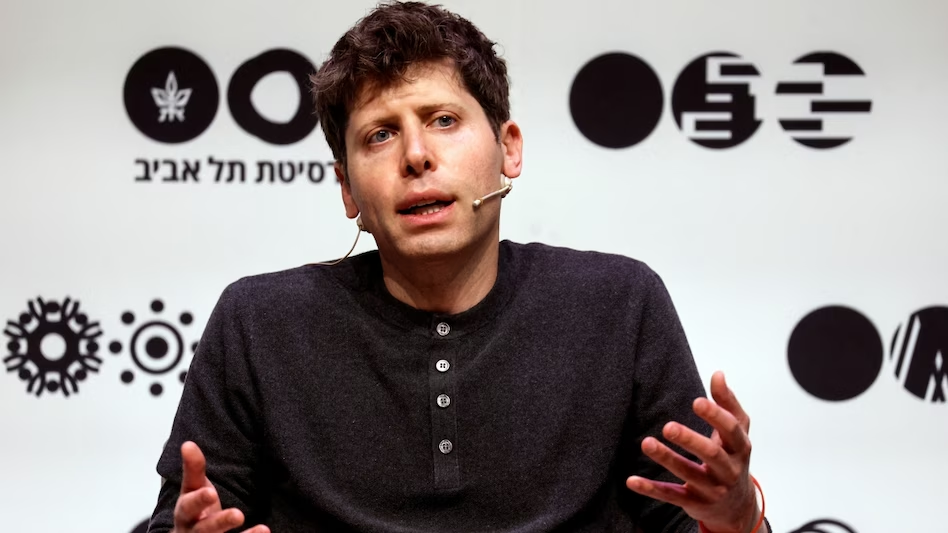Leopold Aschenbrenner, a former researcher at OpenAI, recently shared insights into his termination from the company’s superalignment team in a podcast interview. According to Aschenbrenner, his dismissal was related to his actions regarding the sharing of certain documents related to safety and security at OpenAI.
He recounted how he authored a memo addressing a significant security incident at OpenAI and shared it with a couple of board members. In the memo, Aschenbrenner expressed concerns about the company’s security protocols and the potential vulnerability to theft of key algorithmic secrets by foreign entities.
However, Aschenbrenner faced criticism from OpenAI’s human resources department, which labeled his memo as “racist” and “unconstructive” for its focus on Chinese Communist Party espionage. Despite receiving positive feedback from colleagues within OpenAI, Aschenbrenner was warned about the memo’s content.
Following the warning, OpenAI conducted an investigation into Aschenbrenner’s digital artifacts, ultimately leading to his termination. The company alleged that Aschenbrenner had leaked confidential information and was uncooperative during the investigation process.
Aschenbrenner clarified that the leaked document in question was a brainstorming document on preparedness and safety measures for artificial general intelligence (AGI). He had shared this document with external researchers for feedback, considering it a common practice within the company.
OpenAI considered certain details in the document, such as the timeline for AGI preparedness, to be confidential. However, Aschenbrenner argued that the planning horizon was not sensitive information and cited public statements made by OpenAI’s CEO.
In response to Aschenbrenner’s allegations, an OpenAI spokesperson stated that his internal concerns did not influence his termination. The company disagreed with many of Aschenbrenner’s claims about its practices and reiterated its commitment to building safe AGI.
Aschenbrenner’s case adds to a broader discussion about safety concerns within AI companies. Recently, a group of current and former OpenAI employees called for increased transparency and protection for whistleblowers expressing concerns about AI technology.
The incident highlights the challenges surrounding the sharing of sensitive information and the potential consequences for employees who raise safety concerns within AI companies.
As the AI industry continues to evolve rapidly, it becomes increasingly important for companies like OpenAI to address safety concerns proactively and create a supportive environment for employees to raise issues without fear of reprisal.
Overall, the situation underscores the complexities of navigating ethical and security considerations in the development of advanced AI technologies and the need for clear guidelines and protocols to ensure responsible innovation.
If you like the article please follow on THE UBJ.
